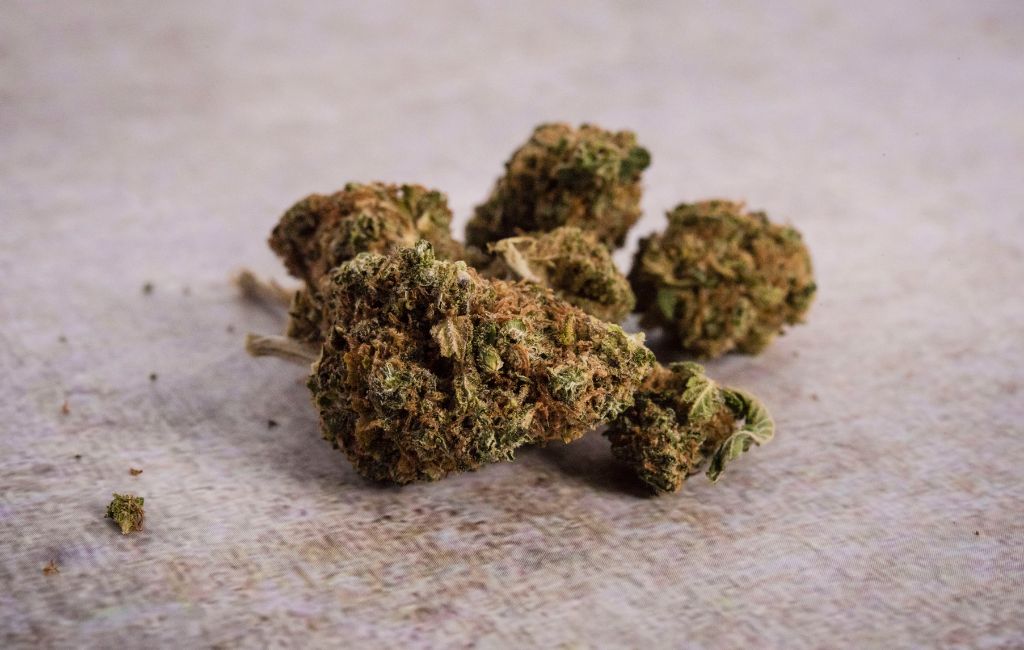THCa Flower for Natural Healing Benefits
In recent years, the interest in natural remedies has surged, with many turning to plant-based solutions for health and wellness. One such remedy gaining attention is THCa flower. This article explores the healing benefits of THCa flower, supported by research, examples, and case studies.
Understanding THCa
THCa, or tetrahydrocannabinolic acid, is a non-psychoactive cannabinoid found in raw cannabis plants. Unlike THC, THCa does not produce a “high” when consumed. Instead, it offers a range of potential health benefits, making it an attractive option for those seeking natural healing solutions.
How THCa Works
THCa interacts with the body’s endocannabinoid system (ECS), which plays a crucial role in maintaining homeostasis. The ECS consists of receptors, enzymes, and endocannabinoids that regulate various physiological processes, including pain, inflammation, and immune response.
Health Benefits of THCa Flower
Research and anecdotal evidence suggest that THCa flower may offer several health benefits. Here are some of the most notable:
- Anti-inflammatory Properties: THCa has been shown to reduce inflammation, which can help manage conditions like arthritis and inflammatory bowel disease.
- Neuroprotective Effects: Studies indicate that THCa may protect brain cells from damage, potentially benefiting those with neurodegenerative diseases such as Alzheimer’s and Parkinson’s.
- Anti-emetic Benefits: THCa may help alleviate nausea and vomiting, making it useful for individuals undergoing chemotherapy or suffering from chronic gastrointestinal issues.
- Pain Relief: THCa’s interaction with the ECS can help modulate pain, providing relief for those with chronic pain conditions.
Case Studies and Research
Several studies and case reports highlight the potential of THCa flower for natural healing:
- A 2013 study published in the British Journal of Pharmacology found that THCa exhibited anti-inflammatory properties in animal models, suggesting its potential for treating inflammatory conditions.
- In a 2017 case report, a patient with Parkinson’s disease experienced significant improvement in symptoms after using THCa-rich cannabis, highlighting its neuroprotective effects.
- Research published in the Journal of Clinical Investigation in 2018 demonstrated that THCa reduced nausea and vomiting in animal models, supporting its use as an anti-emetic.
How to Use THCa Flower
There are various ways to incorporate THCa flower into your wellness routine. Here are some popular methods:
- Raw Consumption: Consuming raw cannabis leaves or flowers in smoothies or salads preserves the THCa content, providing its benefits without psychoactive effects.
- Juicing: Juicing raw cannabis is another effective way to consume THCa. This method allows for easy absorption and can be combined with other fruits and vegetables for added nutrients.
- Tinctures and Oils: THCa tinctures and oils offer a convenient way to dose and can be added to food or taken sublingually for quick absorption.
Dosage and Safety
When using THCa flower, it’s important to start with a low dose and gradually increase as needed. Consulting with a healthcare professional experienced in cannabis medicine can help determine the appropriate dosage for your specific needs.
THCa is generally considered safe, with few reported side effects. However, it’s always best to monitor your body’s response and adjust accordingly.
Legal Considerations
The legal status of THCa flower varies by region. In some areas, it may be classified similarly to THC, while in others, it may be considered legal due to its non-psychoactive nature. It’s important to research and understand the laws in your area before purchasing or using THCa flower.
Conclusion
THCa flower offers a promising natural remedy for various health conditions, from inflammation and pain to neuroprotection and nausea relief. With growing research and anecdotal evidence supporting its benefits, THCa flower is becoming an increasingly popular choice for those seeking natural healing solutions. As always, consulting with a healthcare professional and understanding the legal landscape in your area are key steps in incorporating THCa flower into your wellness routine.
